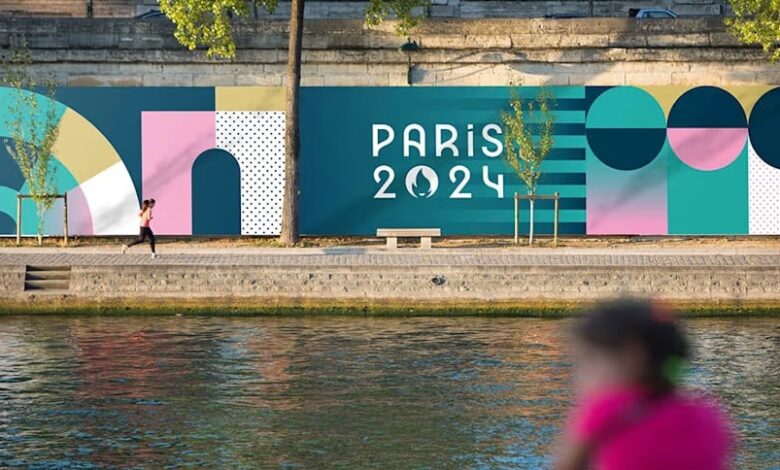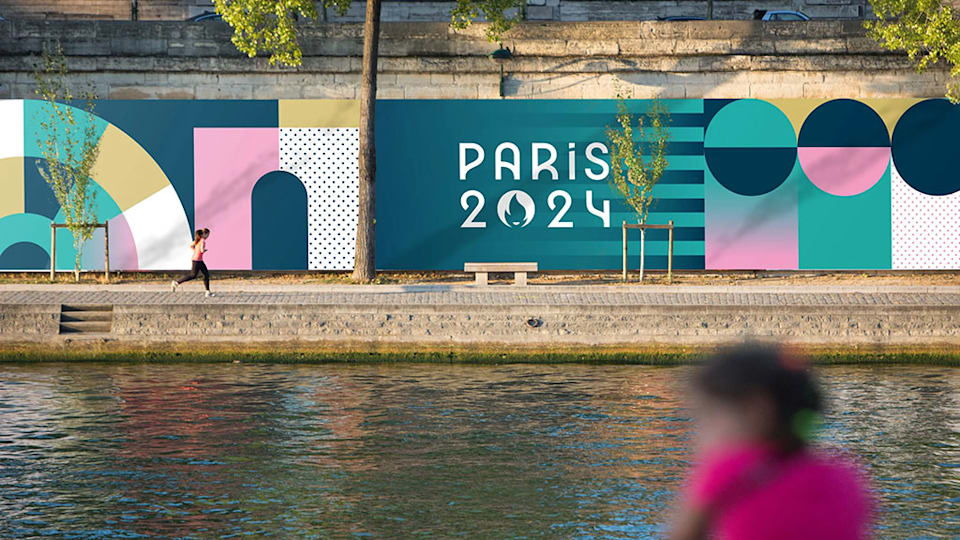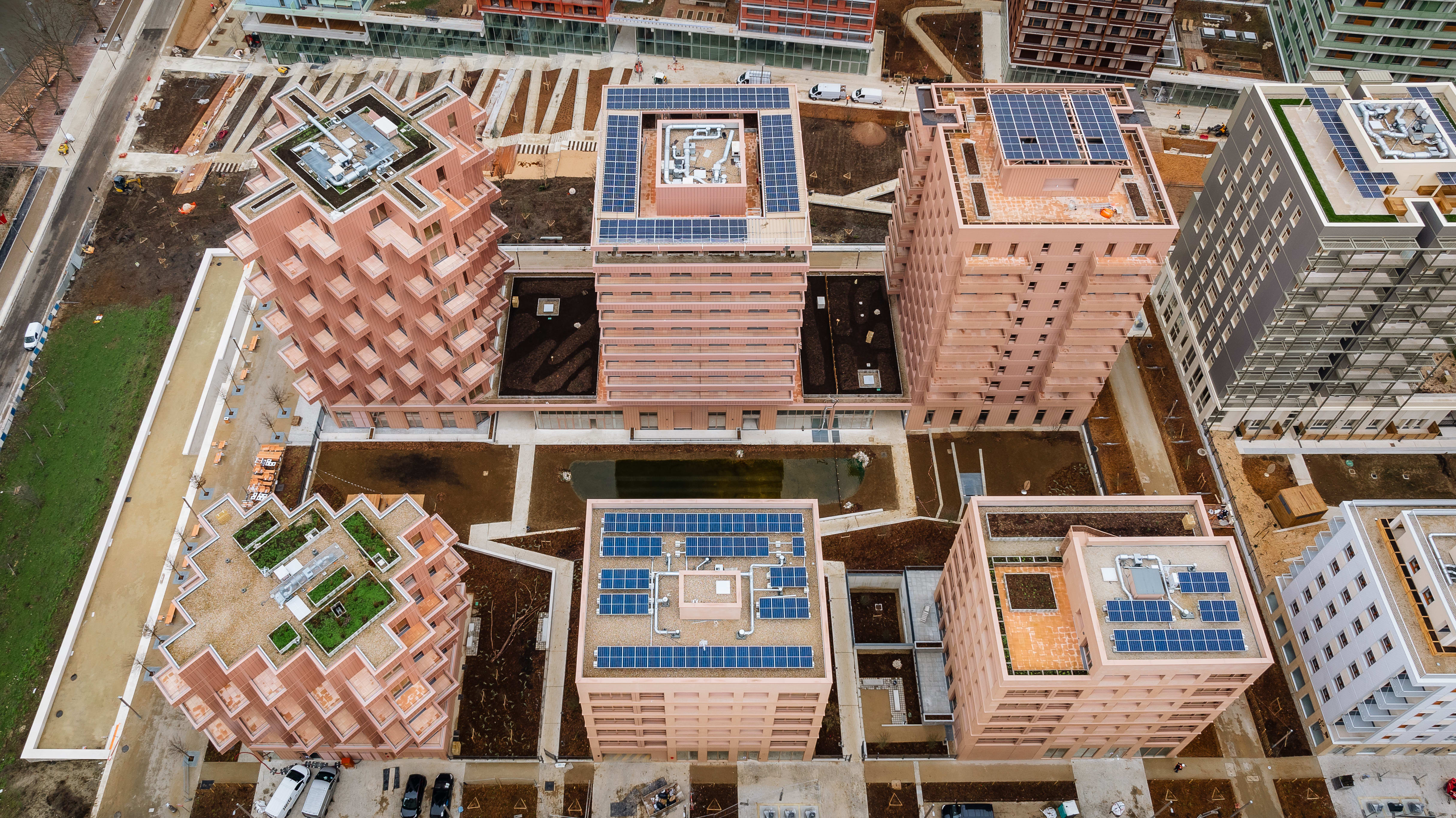

Spanning the period from 2018 to 2034, the net impact comes from an external injection of economic resources within the Île de France region, which would not have happened without the Games.
The impact is expected to revolve around tourism, construction and the organisation of the Games, constituting 30, 28 and 42 per cent of the net economic impact respectively.
Between 2.3 and 3.1 million unique visitors with Games tickets are expected to visit Paris during the Games, some 64 per cent of them French. An estimated EUR 2.6 billion will be spent by tourists travelling to Paris during the Games, with or without tickets, according to the Paris Tourism Office.
Most of the EUR 7 billion in private funding for the Paris 2024 Games comes from media rights, sponsorship and ticketing, but also private investment in long-term infrastructure projects, and includes an IOC contribution of USD 1.7 billion in cash and services.
Public funding amounts to EUR 3 billion, and mainly covers projects that will address long-term needs of local communities. It is estimated that for each euro of public spending there is a leverage effect of three euros of economic impact (according to the intermediate scenario).

Paris 2024 inspired by IOC’s Olympic Agenda 2020
In line with the IOC’s strategic roadmap, Olympic Agenda 2020, the Paris 2024 organisers have planned Games with social, environmental and economic responsibility, which are bringing benefits to the local population well before the Opening Ceremony.
Olympic Games Executive Director.
As the first Olympic Games aligned with Olympic Agenda 2020, Paris 2024 is proving that the Games can bring substantial economic benefits to their hosts, while being socially and environmentally responsible. These are Games that truly adapt to the needs of their host and to the times we live in, creating an impactful legacy before the Opening Ceremony and long after the sporting competitions have ended.




